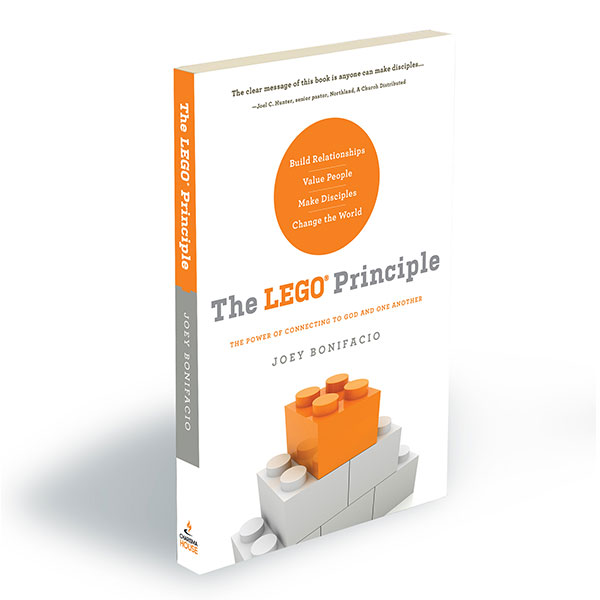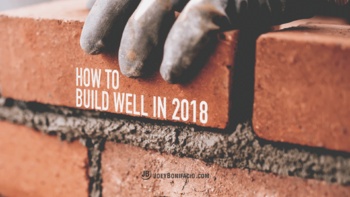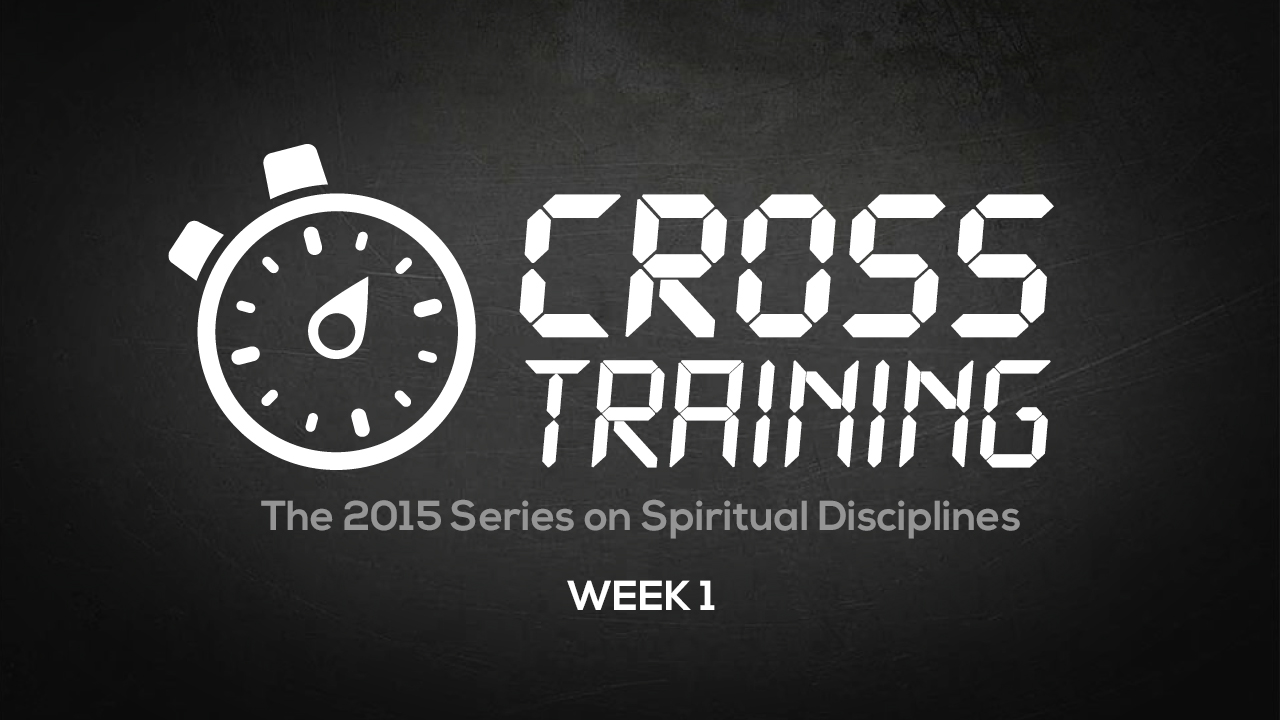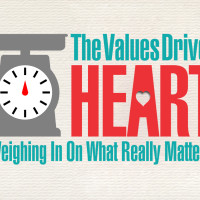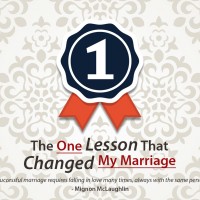Ping-Pong
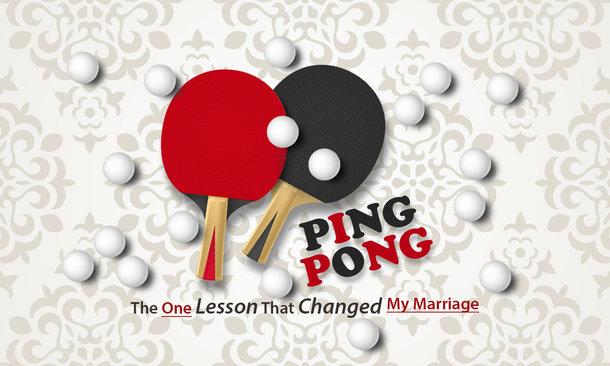
I am taking the time to write another article on listening because most of my friends tell me that there are more people who have this problem that those who don’t like to express themselves.
In my last post, I gave some tips that have helped me communicate better. I also wrote about the two essentials of communication namely speaking and listening. Both are important but depending on your strength, one could be easier than the other.
In my case, speaking came more naturally than listening. I rarely had a problem expressing my thoughts to Marie. But if I wasn’t careful, I could alienate her from the exchange if she realizes that I am not really concerned nor am I listening to her.
Listening involves a clear understanding of the where the person is coming from, what she is trying to communicate and, if possible, thinking about the reason why she is saying what she’s saying.
An Essential
Robert Logan and Sherilyn Carlton in the book Coaching 101 describes listening as “the essential cornerstone of every relationship. How do you help people think through their goals, opinions, [and] their feelings? By listening. People want to know they are being heard.”
Oftentimes what we call listening is not really listening. To be specific, your silence in a conversation (while the other is speaking) doesn’t necessarily equate to listening to them. This is because we already know what we’re going to say after they speak; we’re merely paying them the courtesy of waiting for them to finish before we speak.
Playing Ping-Pong
My wife Marie once gave me an illustration that helped me not just to see but to understand the importance of listening. Here’s what she said:
“Joey, you need to learn to play Ping-Pong. Talking to people is like playing Ping-Pong. You have to hit the ball and then let the other person hit the ball back to you. No one will want to play with you if you’re the only one hitting the ball. You can’t expect people to just keep picking up the balls that you hit.”
Her message hit home. Marie did not just give me a tip like “bite your tongue”.
She raised the ante and made me see how I myself would not like to spend time picking up someone else’s balls. Communication is an exchange; and like Ping-Pong, it becomes enjoyable only when each player is able to hit the ball back to the other.
Keeping in mind the advice of James 1:19’s “…be quick to listen, slow to speak and slow to become angry,” one of the benefits of listening and curbing our words is that we don’t get angry as easily.
Listening is a lot like Ping-Pong. We are sometimes gentle and other times aggressive with our words, but by genuinely listening to one another can we communicate effectively and enjoy the exchange.
To be continued…
Read related articles:
The Final Ingredient
No Ordinary Prison
Uncaged Freedom
How to Kill your Marriage
Love Strained
The Love Fruit
The One Lesson That Changed my Christmas
Why We Keep Watching Love Stories
Love and a Warm Heart
Love is not a Verb
How to trust in Troubled Waters
The Truth about Bad Breath
The True North of Trust
The One Lesson That Changed My Marriage
How to Turn the One Lesson Into Reality
The Risk and Responsibility of Trust
The History of Trust
My Comments Policy
While my site offers visitors the ability to converse, I have a few ground rules so that our conversations will remain civil and courteous.
1. You must register in order to leave a comment. I don’t entertain pseudo, anonymous or bogus individuals. This site is my home (it has a Home Page, get it). I don’t let strangers who don’t introduce themselves into my home.
2. I love questions. I love them because a lot of times they are similar to someone else’s questions and can even trigger other questions from others. Questions also keep us all sharp. This is also why I respond to them as best as I can and at the soonest possible time. I believe that group answering benefits more people than private email exchanges.
3. We don’t have to agree. Debates are welcome. However, whether it is with me or any other visitors of my site, my rule is this: disagree if you must but keep things civil. That’s just how I run my home, and you are a visitor here. No shouting; I have seen it done in writing. No cursing and no insulting.
4. I reserve the right to delete your comments. Like I said, this is my home. I do not have an obligation to publish your comments. As a human being, you may enjoy the freedom to express your opinions on your own site but not on mine. To be specific, I will delete your comments if you post content that is in my sole opinion: (a) snarky; (b) off-topic; (c) libelous, defamatory, abusive, harassing, threatening, profane, pornographic, offensive, false, misleading, or which otherwise violates or encourages others to violate my sense of decorum, civility or any law, including intellectual property laws; or (d) “spam,” i.e. an attempt to advertise, solicit, or otherwise promote goods and services. You may, however, post a link to your site or your most recent blog entry.
5. You retain ownership of your comments. I do not own them and I expressly disclaim any and all liability that may result from them. By commenting on my site, you agree that you retain all ownership rights in what you post here and that you will relieve me from any and all liability that may result from those posts.
6. You grant me the license to post your comments. This license is worldwide, irrevocable, non-exclusive, and royalty-free. By posting comments on my site, you automatically grant me the right to store, use, transmit, display, publish, reproduce, and distribute your comments in any format, including but not limited to a blog, in a book, video, or presentation.
In short, my goal is to host interesting conversations with caring, honest, and respectful people. I believe this clear and simple comments policy will facilitate this.











